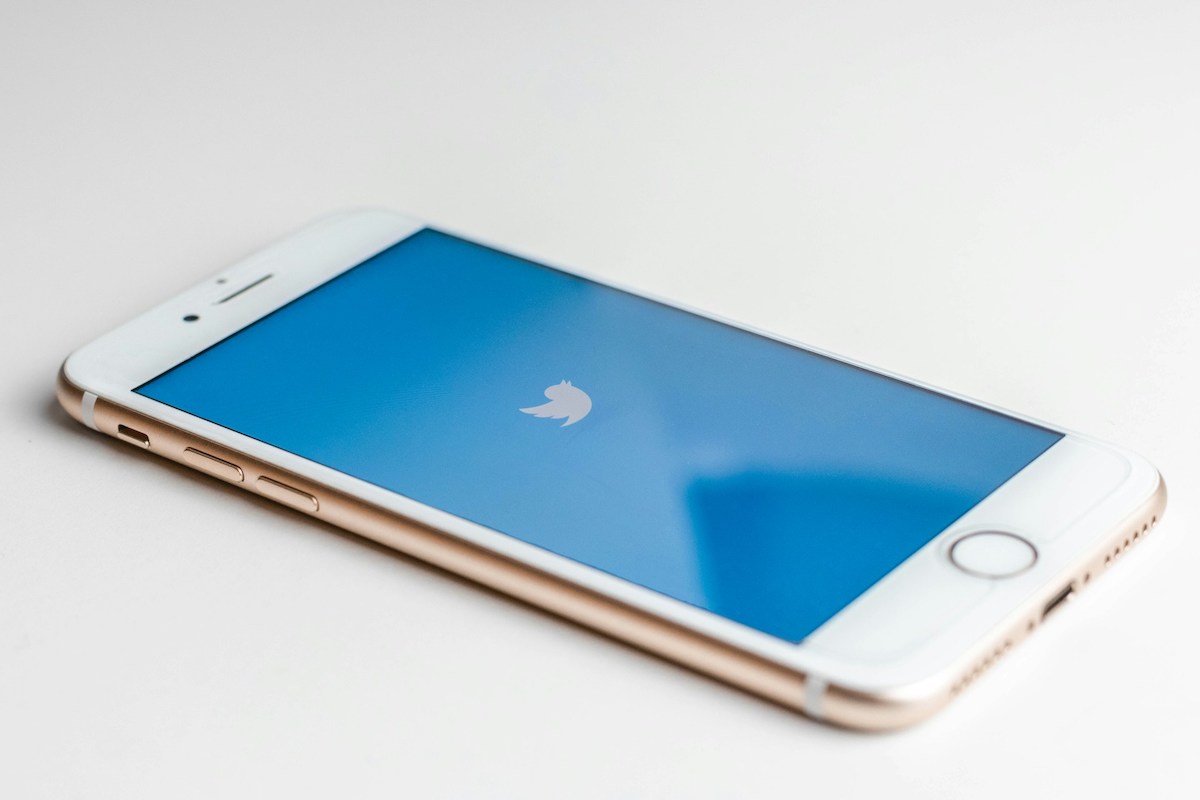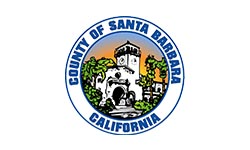To Tweet or Not to Tweet
 Social Media experts will expound upon the virtues of Twitter in terms of your online marketing strategy. There is no doubt that Twitter can help expose your product or service to thousands of new prospects if you use it right. The question is, will you use it at all?
Social Media experts will expound upon the virtues of Twitter in terms of your online marketing strategy. There is no doubt that Twitter can help expose your product or service to thousands of new prospects if you use it right. The question is, will you use it at all?
Let’s discuss the advantages of Twitter to your online marketing efforts and then we’ll talk about reasons NOT to use Twitter.
Twitter serves three primary purposes for a small business. One, it can drive new traffic directly to your website. Two, it can indirectly drive more traffic to your website by boosting your SEO efforts and thereby getting you more organic search traffic. And, three, it can help foster community among your prospects and customers, enabling two-way dialog for gathering feedback and providing customer service.
For Twitter to drive traffic directly to your website, you need to build a Twitter following. This is relatively easy to do if you are an A, B or even C list celebrity. Start a Twitter account and in a short period of time, millions of fans will want to know what you are up to. For the rest of us, creating a Twitter following has to do with providing value on a regular basis in the form of 140 character tweets. You need to take a perspective and report interesting, current tidbits of information from that perspective on a regular basis. Usually the perspective you take is that of an expert in your field. If you are a builder, give construction or home upkeep tips. If you are a locksmith, give safety tips.

What you don’t want to do, unless you are a celebrity, is tweet about where you ate for lunch. Or where you do your dry-cleaning. Most people don’t care. If you provide a steady stream of useful tweets, you can eventually grow a following on Twitter. Then, every once in a while, you can put out some kind of offer or marketing message about your product or service. If you’ve built a loyal group of followers, some of them will be happy to re-tweet your message to their own lists. You just have to make sure not to do this very often. If your signal (valuable tweets) to noise (marketing tweets) ratio is too low, expect to lose followers rapidly and drive little to no traffic to your website.
To speed up your acquisition of followers, you can use a trick (there is software that will help). Follow lots of people in your area of interest. A portion of the people you follow will look at your history of tweets and if it’s in their area of interest and they find your tweets valuable, they will follow you back. After a while, you can unfollow anyone who didn’t follow you back so that your ratio of followers to people you are following is always close to one to one. You don’t want to be following a lot more people than you have followers or else when people look at your profile they may be less likely to follow you because they perceive you as only a follower and not someone with something worthwhile to say.
All of this is well and good and many unknown Twitterers have built a respectable list of followers and drive traffic to their website by using the above strategy. The problem is, many small business owners simply don’t have time to maintain one more channel of communication. A lot of small business owners I know have trouble just keeping up with their email and voicemail. Add to that text messages, a FaceBook page and LinkedIn account and many people find they are already overwhelmed. They start a Twitter account with good intentions and then rarely, if ever, tweet about anything.
I believe it’s better to decide up front whether you are likely to use Twitter. If you are an incessant communicator, typically answer emails and voicemails within a very short period of time and the idea of tweeting a couple of times per day sounds like fun, then you are a great candidate for Twitter. Alternatively, if you have someone like this that works for you or you are willing to hire a part-time social media consultant, then you are also a good candidate for building a successful Twitter profile.
If, however, you are a one-person show or a small business owner who spends most of their time working in their business and has a long list of priorities that you know will take precedent over your Twitter account on a daily basis, then you may consider just avoiding this aspect of your marketing strategy for now. It’s a good idea to go ahead and create a Twitter account so you can reserve a unique profile name that is close to your business name. This is a little like purchasing a domain name for a website that you aren’t ready to build yet but that you know you may want to build at some point in the future. It doesn’t hurt and it doesn’t cost anything.
Happy tweeting. Or not.

































